Creating a mosquito-friendly environment around your home doesn’t have to rely solely on chemical solutions. Many gardeners have discovered that certain plants that repel mosquitoes can be both beautiful additions to your landscape and helpful companions in your quest for a more comfortable outdoor space.
These aromatic plants work by releasing natural compounds that mosquitoes tend to find less appealing, potentially making your garden less attractive to these insects. While individual results may vary, incorporating these plants into your outdoor space can be part of a comprehensive approach to garden pest management.
Understanding How Plants That Repel Mosquitoes Work
Plants that repel mosquitoes typically contain natural essential oils and aromatic compounds. These substances can help mask the scents that mosquitoes use to locate hosts, though effectiveness can depend on various factors including plant health, environmental conditions, and individual mosquito behavior.
8 Popular Plants That Repel Mosquitoes
1. Eucalyptus
Eucalyptus trees and shrubs are known for their distinctive aromatic leaves containing compounds like eucalyptol. Many gardeners appreciate eucalyptus for its ornamental value and pleasant fragrance. The leaves can be gently crushed to release their natural oils, though results in mosquito deterrence may vary.

2. Marigolds
These colorful annual flowers are popular in gardens for their vibrant blooms and hardy nature. Marigolds contain natural compounds including pyrethrum and produce a distinctive scent. Many gardeners plant them along borders and near entryways both for their aesthetic appeal and potential insect-deterring properties.
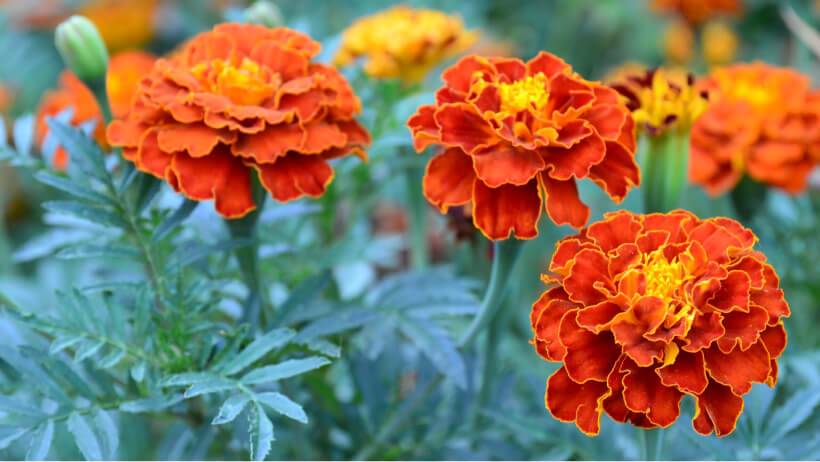
3. Lemongrass
Lemongrass is a fragrant herb that’s popular in cooking and gardening. Its citrusy aroma is pleasant to many people, and it can be grown in containers or garden beds. The plant contains natural compounds that may help mask human scents, though effectiveness varies by individual circumstances.
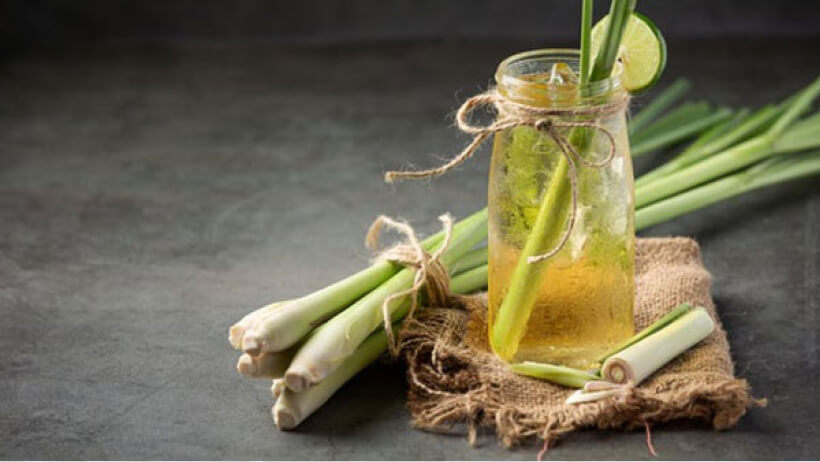
4. Lavender
Lavender is beloved for its beautiful purple flowers and calming fragrance. This hardy perennial contains linalool and other natural compounds. While humans often find lavender’s scent relaxing, some insects may be less attracted to areas where it grows. Lavender works well in containers or garden borders.
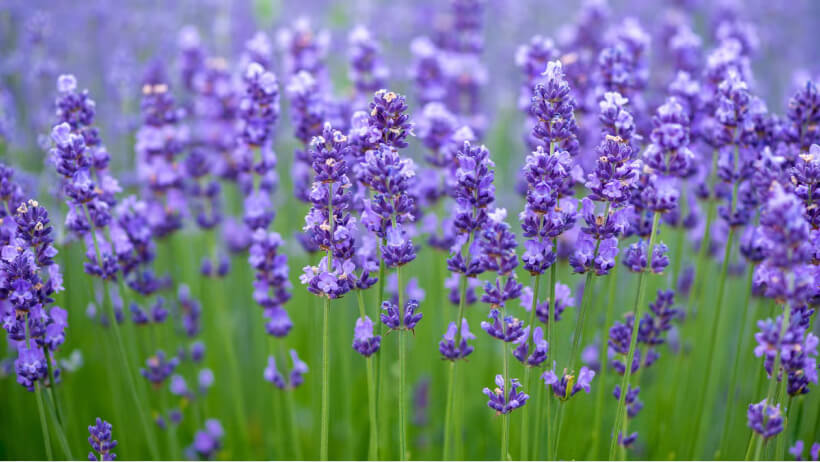
5. Holy Basil (Tulsi)
Also known as Tulsi, this aromatic herb is valued in many cultures for its potential wellness properties. Holy basil contains natural compounds like eugenol and can be grown in sunny locations. Many gardeners appreciate it both for its potential insect-deterring qualities and its use in teas and cooking.
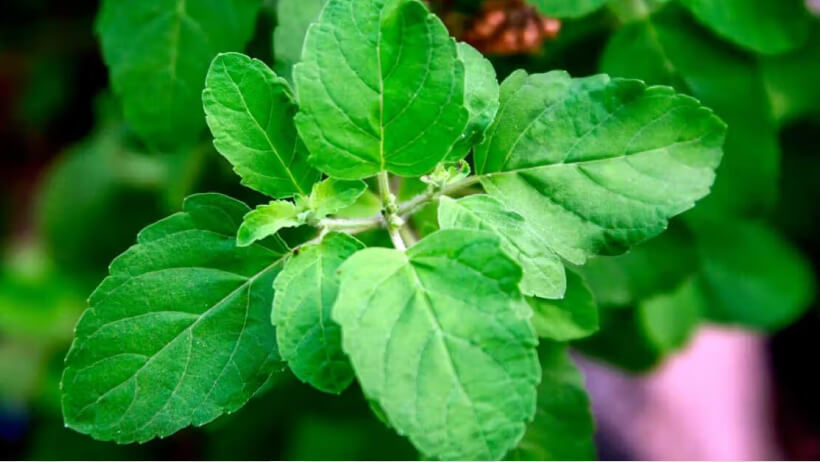
6. Lemon Balm
This member of the mint family produces a pleasant lemony scent and is easy to grow in most climates. Lemon balm contains natural compounds including citronellal and geraniol. It’s suitable for both indoor and outdoor growing, though it can spread quickly in garden beds.
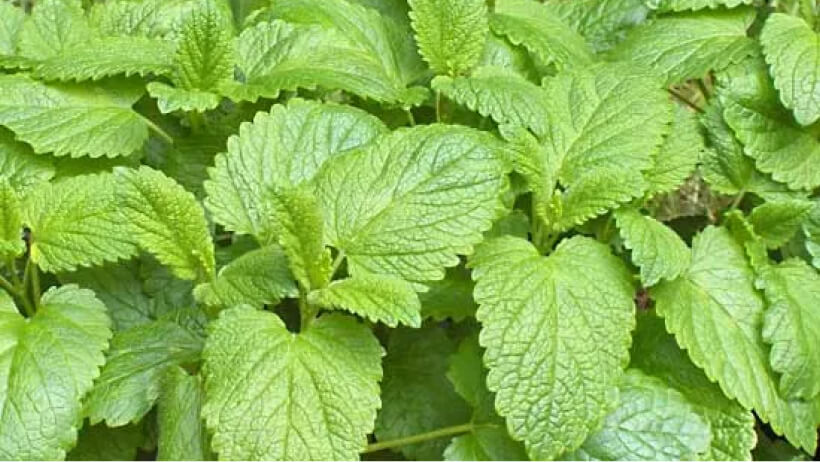
7. Peppermint
Peppermint is a refreshing herb with a cooling menthol scent. It’s easy to grow and can be used fresh in cooking or dried for teas. The plant’s natural compounds may contribute to its reputation as one of the plants that repel mosquitoes, though individual experiences may differ.
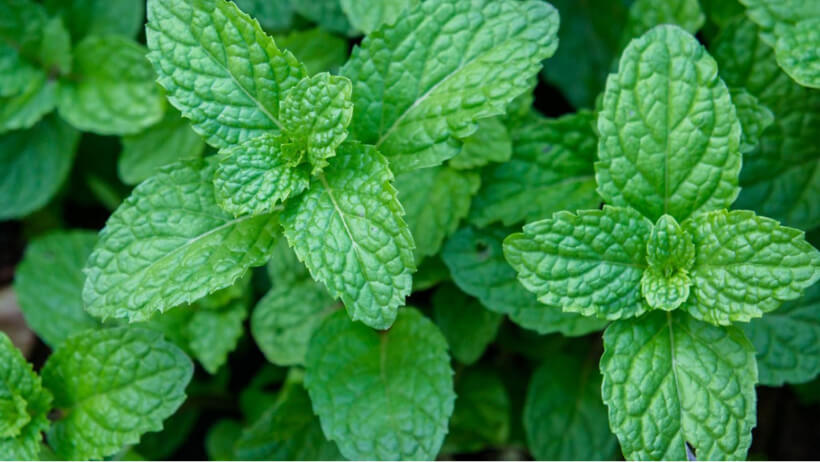
8. Rosemary
This aromatic herb is popular in Mediterranean cooking and garden design. Rosemary contains natural compounds including citronellol and geraniol. It’s drought-tolerant once established and can be grown in containers or garden beds. Some people enjoy burning rosemary sprigs during outdoor gatherings for its pleasant aroma.
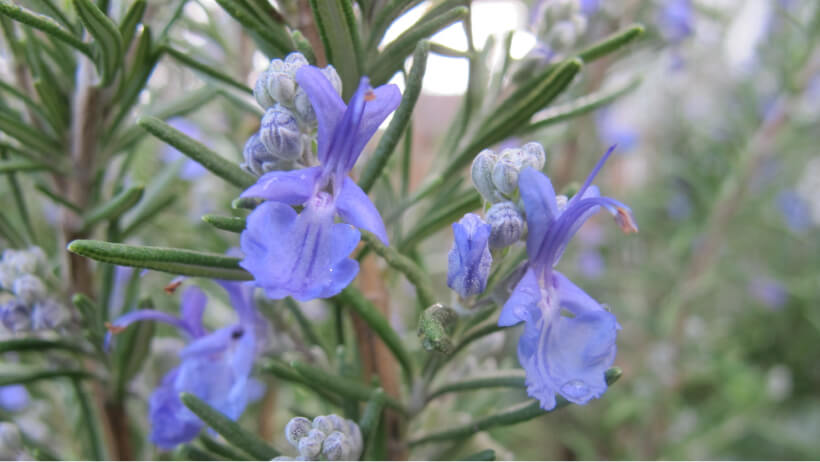
Tips for Growing Plants That Repel Mosquitoes
- Location matters: Plant these herbs and flowers in areas where you spend time outdoors
- Container gardening: Many of these plants grow well in pots, making them portable for patios and decks
- Regular maintenance: Healthy plants tend to produce stronger scents
- Combination approach: Consider using multiple varieties for varied fragrances and garden interest
Important Considerations
While these plants that repel mosquitoes can be wonderful additions to your garden, it’s important to have realistic expectations. Natural plant-based approaches may provide some benefit, but results can vary significantly based on:
- Local mosquito populations and species
- Environmental conditions
- Plant health and maturity
- Individual sensitivity to plant compounds
For areas with significant mosquito populations or concerns about mosquito-borne illnesses, consult with local extension services or pest management professionals about comprehensive mosquito management strategies that may include multiple approaches.
Creating Your Mosquito-Resistant Garden
Incorporating plants that repel mosquitoes into your landscape design can serve multiple purposes: adding beauty, providing herbs for cooking, and potentially creating a less hospitable environment for mosquitoes. Whether you choose lavender for its calming properties, marigolds for their cheerful blooms, or herbs like rosemary and basil for their culinary uses, these plants can enhance your outdoor living space while potentially contributing to your comfort.
Remember that gardening is often about experimenting to see what works best in your specific environment and conditions. These plants that repel mosquitoes represent just one tool in creating the outdoor space you’ll love spending time in.
Disclaimer: This content is for informational and educational purposes only. It is not intended to provide medical advice or replace consultation with qualified healthcare professionals. Always seek the advice of your physician or other qualified health providers with any questions you may have regarding a medical condition.






